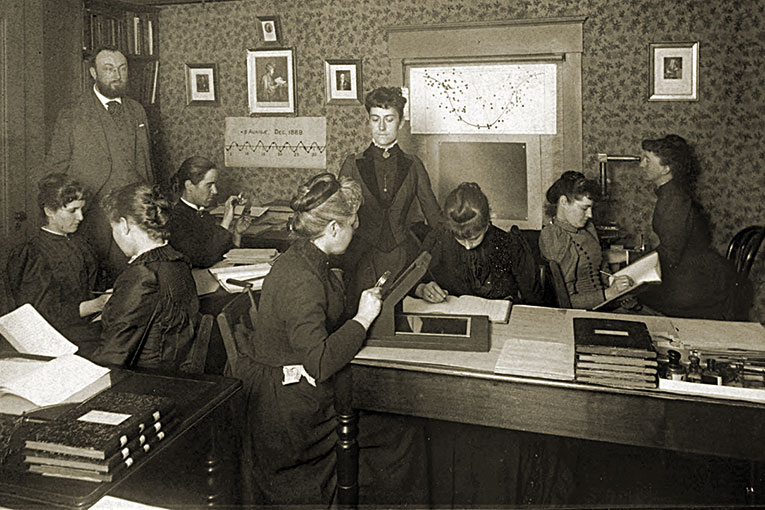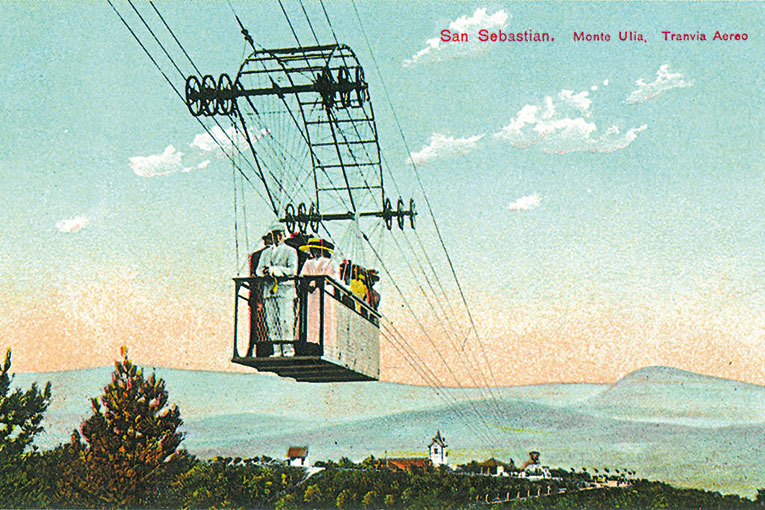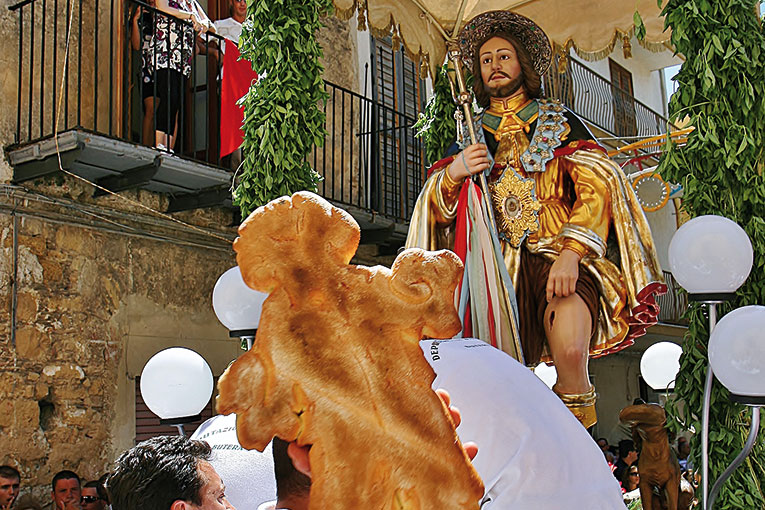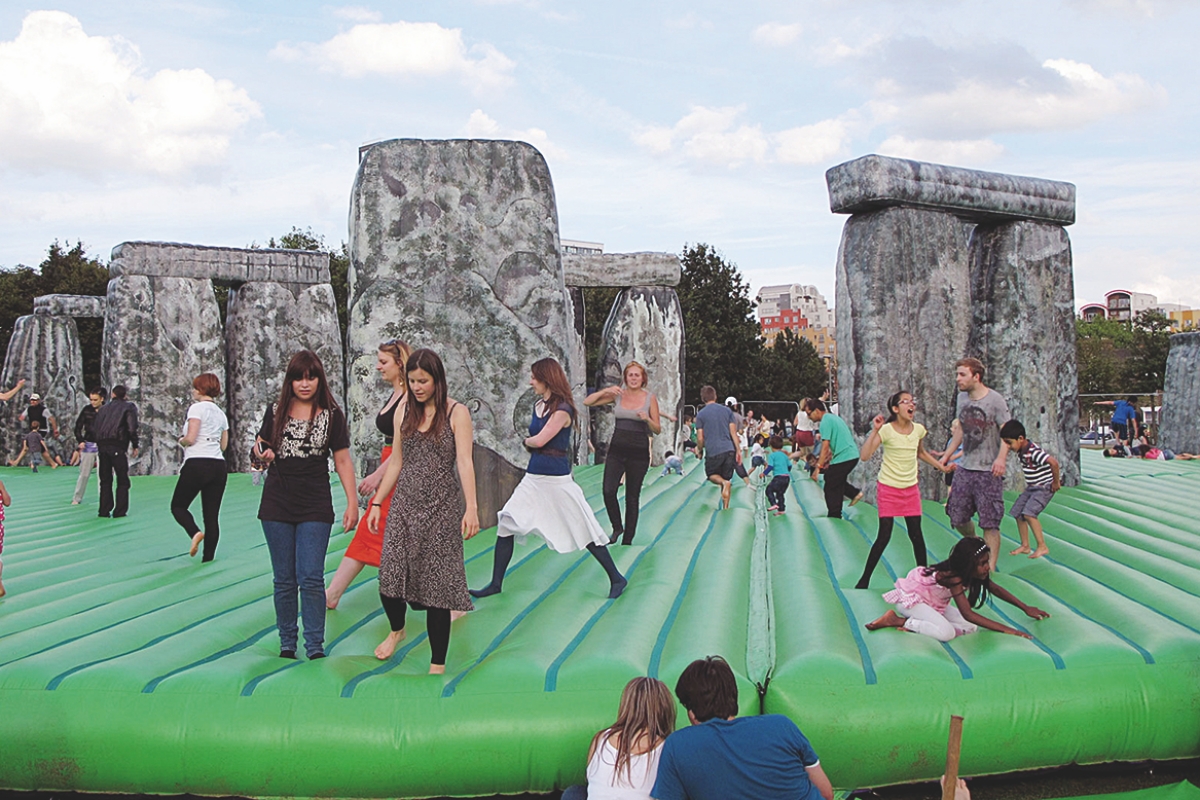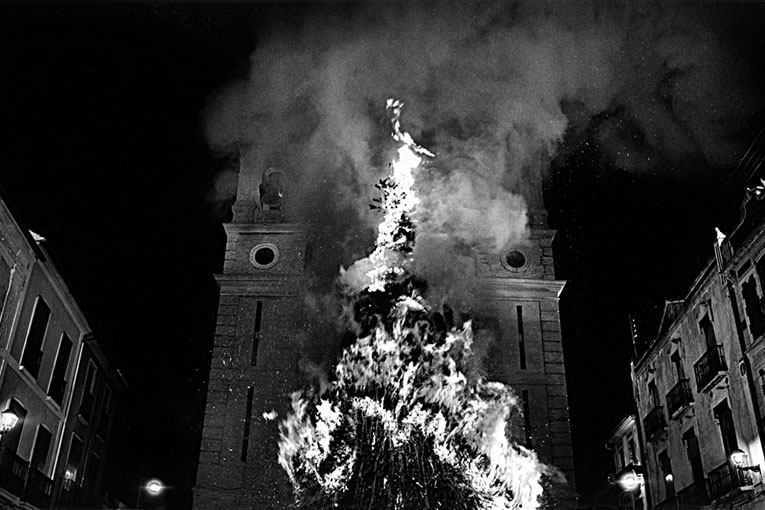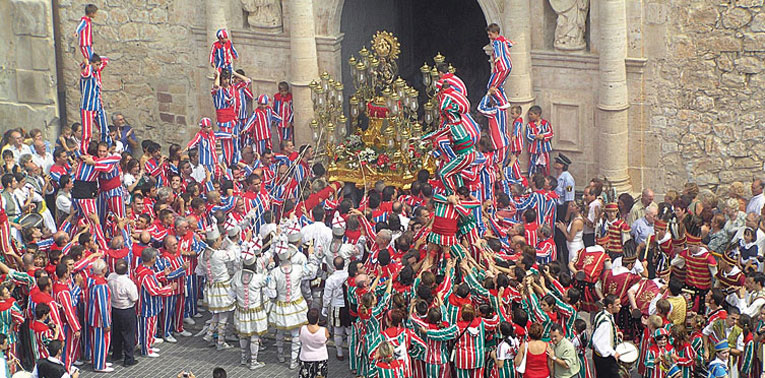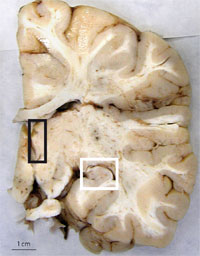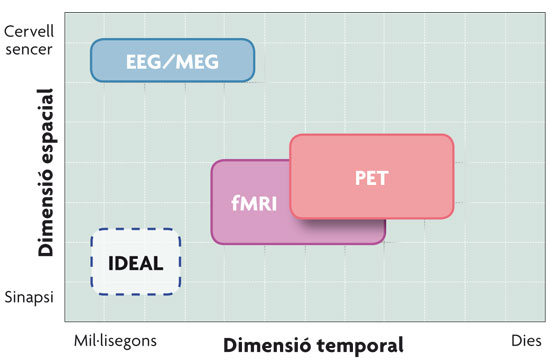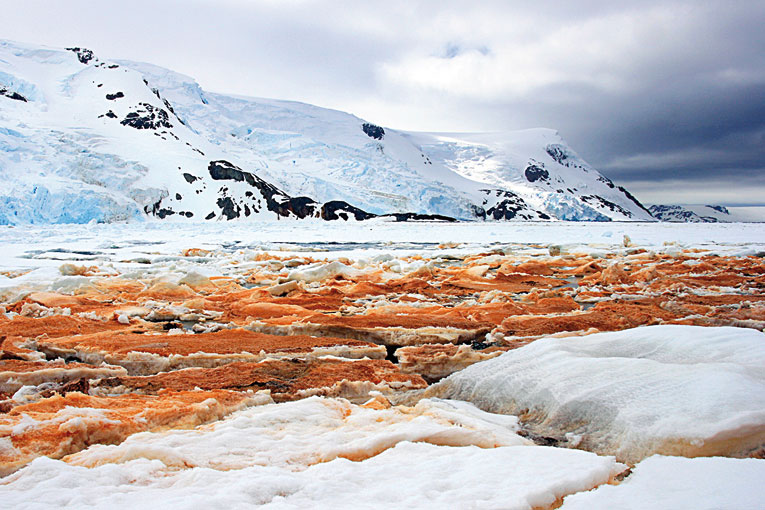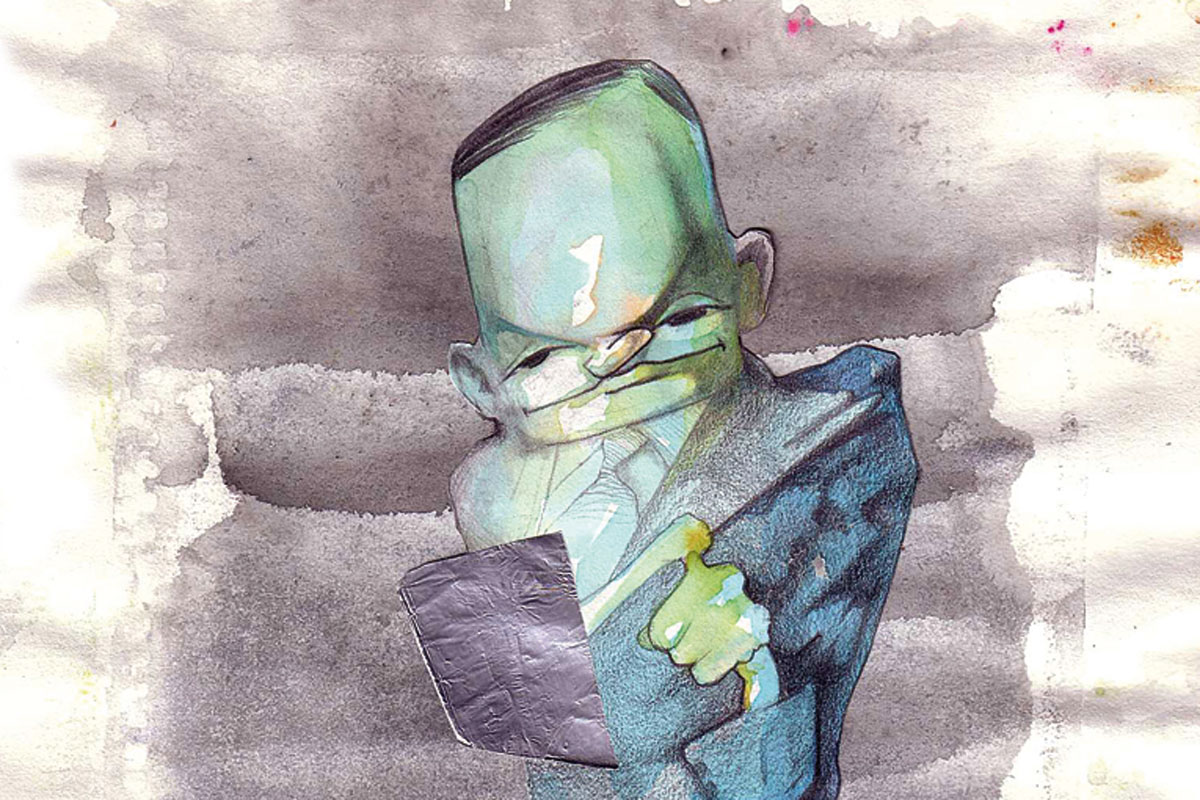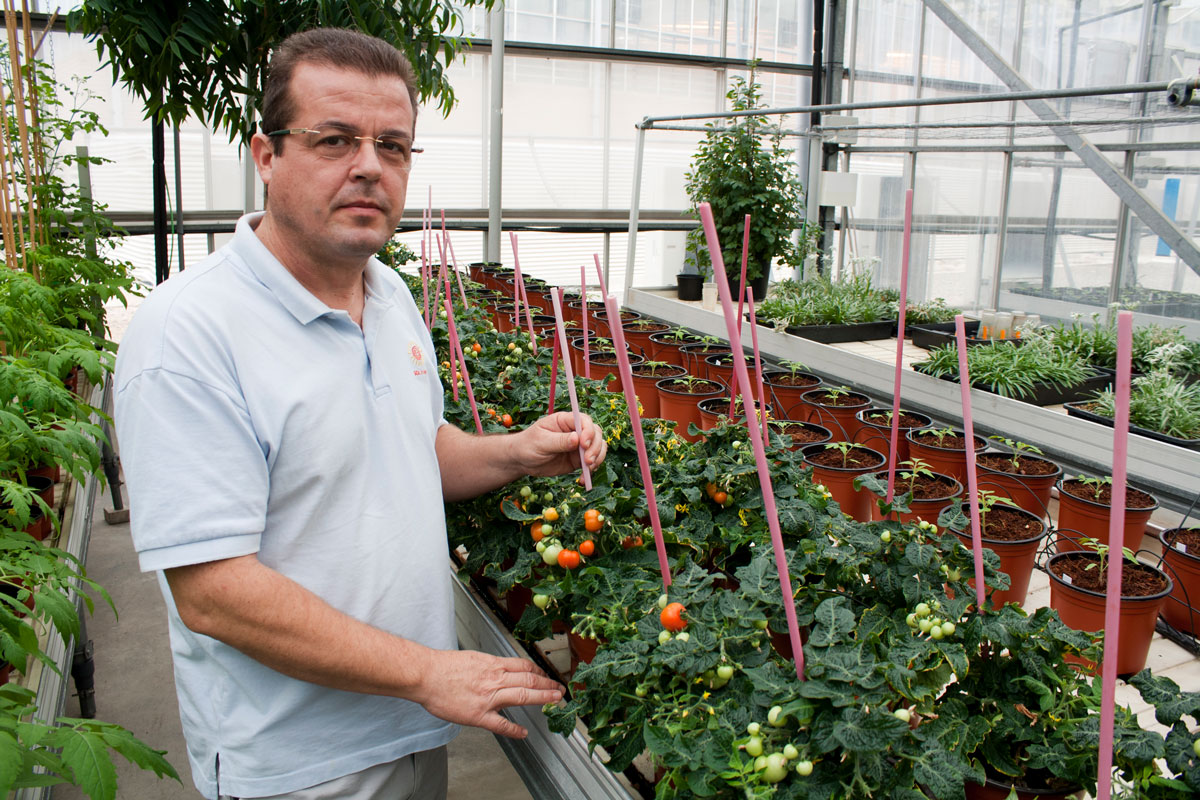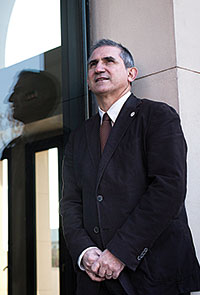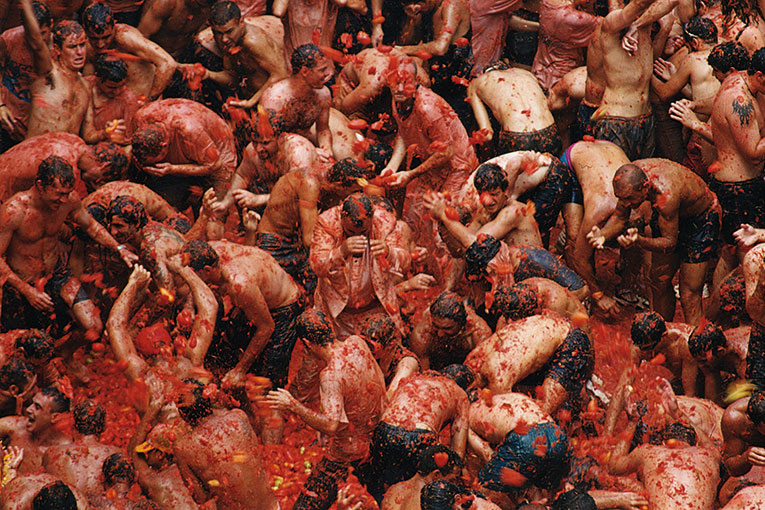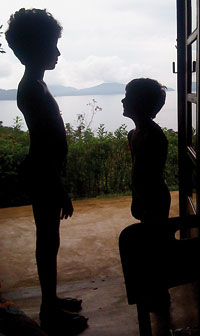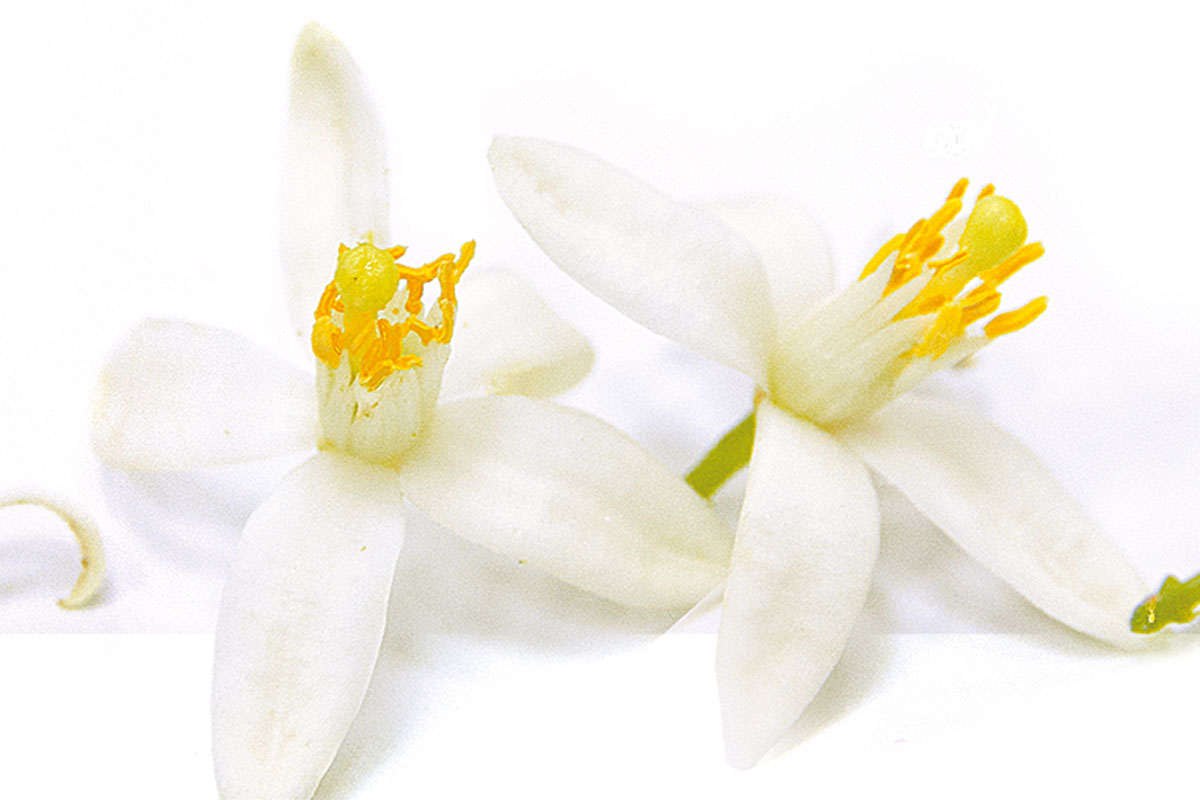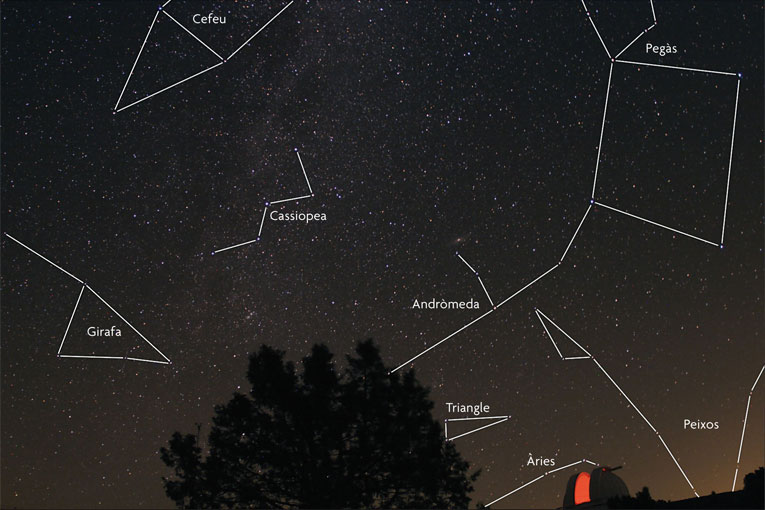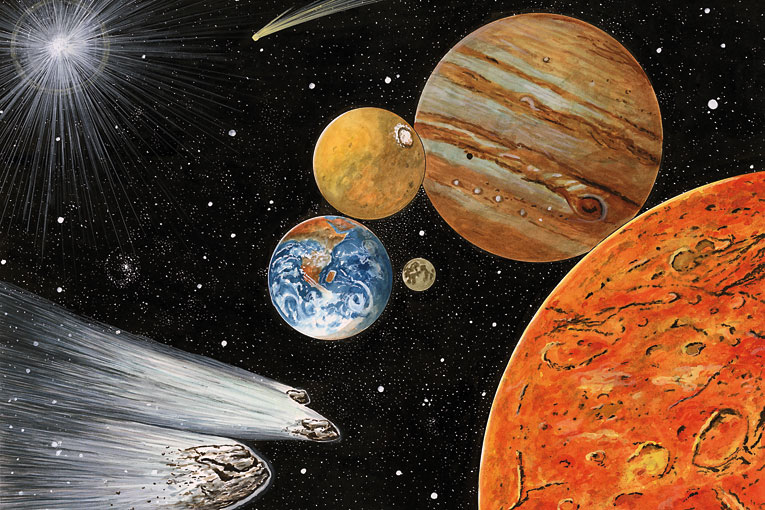Search
Cortesia de Harvard College Observatory Harvard's «computers» in 1891. Williamina Fleming is standing in the centre of the image and Edward Pickering is on the left. Nowadays
Mètode Leonardo Torres Quevedo designed Ulia’s cableway in San Sebastián, which began working in 1907. Later, in 1916, the cable car of the Niagara Falls (Canada)
Immersed in modernity the festival has become a reflexive celebration of identity, a gateway to transcend everyday life. It is a special time to regain consciousness in front of
© Antonio Ariño I seem to recall my first memories of the Muixeranga1 were set in the street Molí de la Vila, just where
The existence of adult neurogenesis in the brain of mammals, our species included, as well as the identification of the cells responsible for said neurogenesis, has
2012 is The Year of Neuroscience in Spain. This is a field that has seen great advances in the last two decades. With this feature, Mètode
Turing’s influence on biology has taken a long time to emerge, but it is now beginning to grow and become important. Since Turing’s most outstanding and
In the early 18th century, the great astronomer Johannes Kepler had already finished what is today considered the first science-fiction novel ever written. Somnium,published in 1634, after his death, tells
Turing's childhood and early years Considered the father of modern computing, Alan Mathison Turing was born in London on June 23, 1912. In spite of his struggles to learn to read
Interview with Antonio Granell
Here at Mètode, we could take a look back and consider the journey undertaken by our journal since its very first issue, which came out in 1992. In the first
To trace the evolutionary origins of festive celebrations as specific forms of ritualistic interactions, we will pinpoint the repertoire of festive activities (playing, singing, dancing, music making
Like any social institution, festivals are universal: a society without a festive ritual of its own is unknown. But what is a festival? Beyond any normative definition, we can state
The history of human coexistence is the history of the freedom of the individuals and the individualities in which they are grouped. Freedom is an idea regarding the I-other pair,
ESA/Hubble & NASA Travelling at hyperluminal speeds would open to humanity the possibility of exploring the whole galaxy, and even, perhaps, other galaxies. In the image, the UGC 12158, photographed by
© Photo: Javier Díez (www.jdiez.com). Montage of the constellations: Fernando Ballesteros. The night sky from the Observatory of the University of Valencia in Aras de los Olmos. In the photograph we
Carles Puche The universe is full of gas clouds, dust and organic matter. Radiotelescopes have detected the presence of water and a great variety of organic molecules, essential pieces for the

